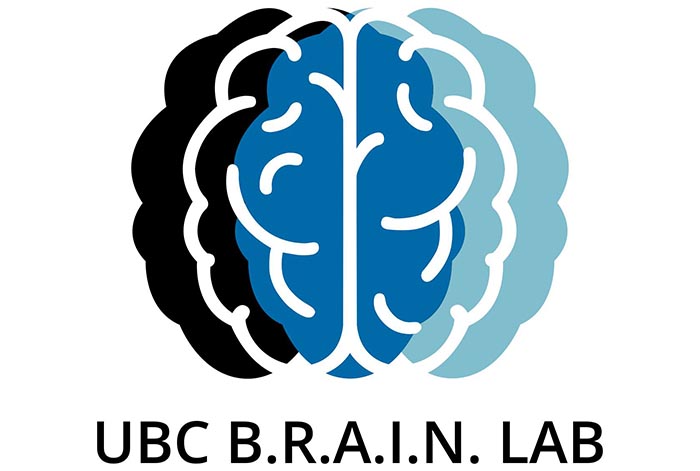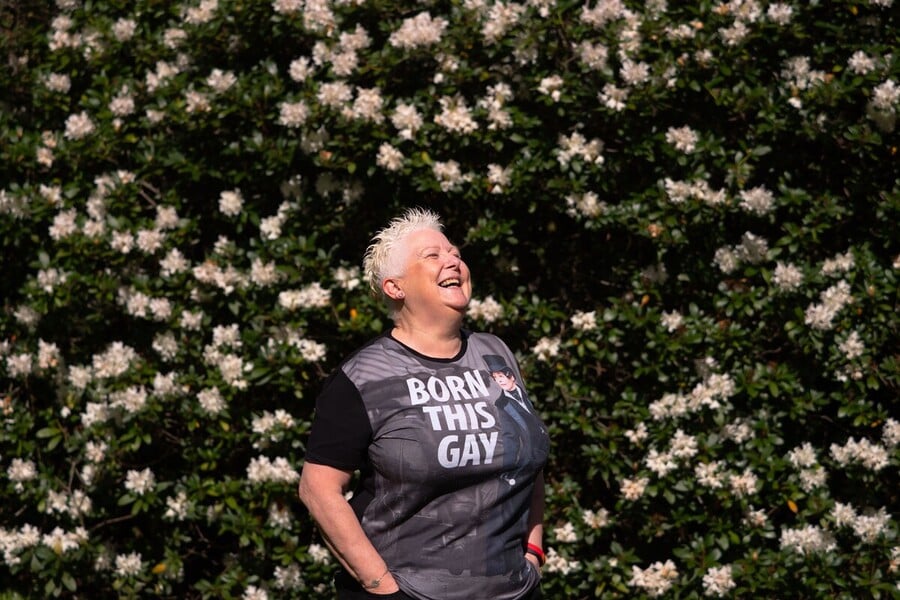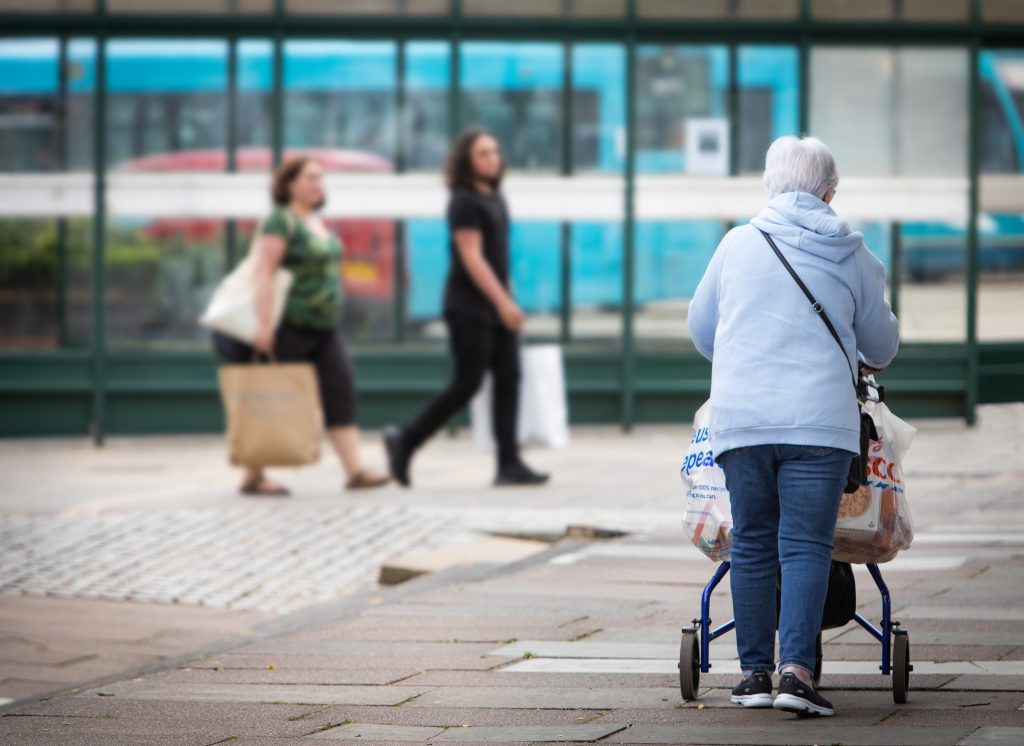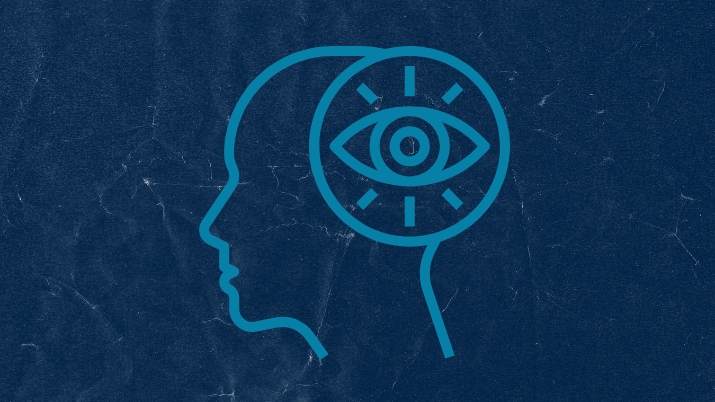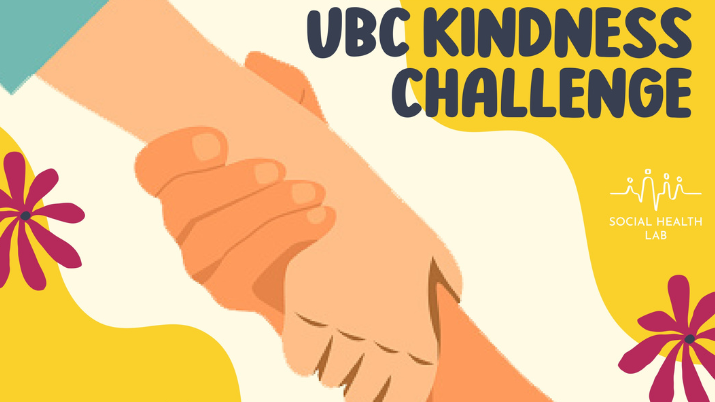
Got a little one between 7 and 11 months?
The UBC Early Development Research Group (ERDG) has a NEW in-person EEG study—and is looking for curious babies (and their grown-ups!) to explore how rhythm might help infants learn!
About the study
Researchers in UBC’s Infant Studies Centre are interested in how babies begin to learn to match words with objects. Specifically, they are interested in how rhythm can help infants learn by engaging their brain activity and visual behaviour. To test this, they use a methodology called EEG to detect infants’ brain activity while they listen to some repeated phrases paired with objects. EEG is completely safe for both babies and adults, and has no harmful effects. It simply records the electrical activity that is always present from the surface of the head. To measure visual behaviour, the eye-tracker will simply detect your infants eye movements using a camera at the bottom of the screen, and a small sticker that will be placed on the front of the EEG cap.
What’s involved
While your baby sits on your lap, the researchers will first put an EEG cap dampened with saline solution on baby’s head. Once the cap is secure, they will play some repeated speech sounds while your baby watches videos of objects. This part of the study with the EEG and eye-tracking will take no more than 15 minutes. Following this , you’ll be asked some questions about your baby’s language and music environment, vocabulary, as well as about some of the sounds they can make. The entire visit will take approximately 60 minutes.
To thank you for your participation, your child will receive an honorary UBC degree certificate and a small gift—and you’ll get cute photos of your baby!
Sign-up!
Call 604-822-6408 or visit edrg.psych.ubc.ca/typical-visit/sign-up-online

